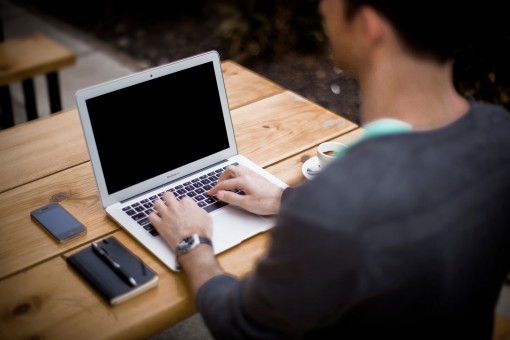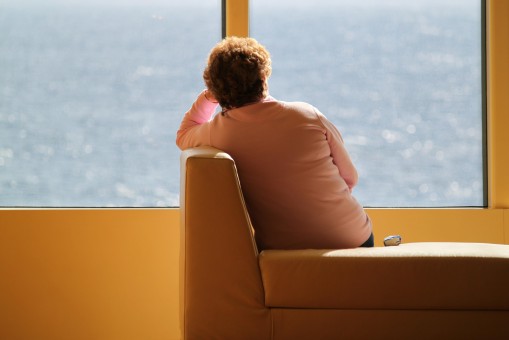In such changing times, we’ve seen all kinds of creativity and innovation, finding new ways of doing things under the pressure of confinement and social distancing. But mostly we have seen a big shift of communication towards digital systems to keep the human need for social contact with coworkers, family members, and friends. We all need each other and can’t live without relationships.
But that’s not the point I want to emphasize. These last two months of confinement have shown that real human contact will never be replaced by virtual technology. In fact this distancing may lead to new, negative social behaviors. Social distancing in some situations is needed, but the reduced, even absent, interaction with people of different personalities and mindsets creates the need for constant self-evaluation. Let me explain.
Cultures handle conflicts differently. But in all cultures, conflicts help us mature, they grow our understanding of others, and our capacity to resolve problems. Of course sometimes we fail to reach resolution; the conflict gets worse, some relationships get broken. Yet the confrontations that arise from daily human contact bring value, if we process the day’s events before we fall asleep that evening. If we ignore these daily issues and decide instead to hide, we lose this value. Day after day we wear a mask; we forget who we really are.
Living in isolation feels safe. Everything seems fine, all the faces on the screens are smiling, everyone is nice, and we can keep up appearances. We can forget that we are still human beings and have weaknesses. In more normal times, someone comes along to challenge our facade. But in these days of social distancing we lack that accountability. We hide behind (actually in front of!) our screens trying to polish our imagined perfection.
Isolation feels safe but actually causes problems
 I myself have weaknesses. Every day my sinful human nature resists doing what is right. Often I prefer to keep my wrongdoings to myself (understanding, of course, that my Creator is omniscient). But in my isolation, no one can confront me. I have no one with whom I can share my personal challenges or weaknesses. That can lead to other personal and or social behaviors that have a negative impact on who I am.
I myself have weaknesses. Every day my sinful human nature resists doing what is right. Often I prefer to keep my wrongdoings to myself (understanding, of course, that my Creator is omniscient). But in my isolation, no one can confront me. I have no one with whom I can share my personal challenges or weaknesses. That can lead to other personal and or social behaviors that have a negative impact on who I am.
This can be illustrated in the way some parasites or fungi grow. In high humidity and very low light (or complete darkness) they develop into pathogenic microorganisms. But brought into the light and fresh air, the pathology is reduced, replaced by cleanliness.
As human beings, we must be aware of the way we behave in the absence of social contact. If we are not doing well under the pressures in these difficult times, let’s at least be ourselves. Let’s not hide our imperfections. Let’s try to find someone we can trust to share our challenges, someone with whom we can be just who we are.
Though “telecontact” we can maintain our relationships and even develop new ones. Transparency and trustworthiness remain very needed in this season.
Personally, I can understand how difficult and even humiliating it is when someone knows about my personal weaknesses. But I have also experienced how good it is to be faced with my own failures. When my mistakes are brought into the light this helps me change and grow. This is true for others, too. We all have our own personal battles and problems to deal with every day. If we are willing, we can change. If we have grace, we can help each other.
– Ayoub Kdimy







2 Comments
Jack Gutknecht
June 4, 2020 - 9:30 amGood but I’d like see others’ comments, please.
admin
June 4, 2020 - 12:44 pmHi, Jack, thanks for writing. We will be sure to post any comments we receive.
Gary Brumbelow